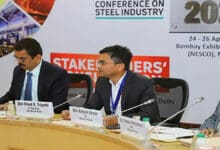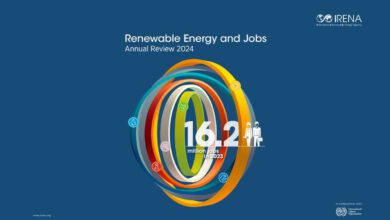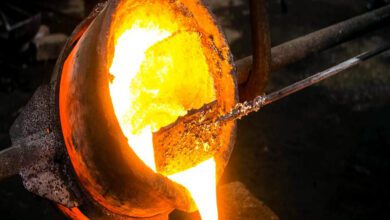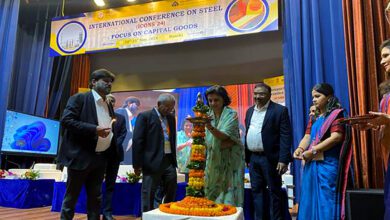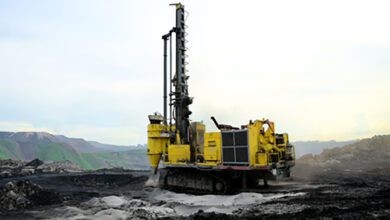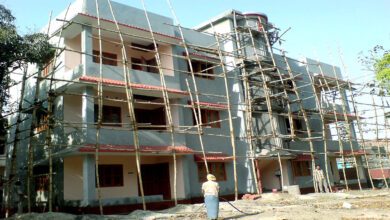The Ministry of Steel successfully hosted the event ‘Greening Steel: Pathway to Sustainability’ today at the CD Deshmukh Hall, India International Centre in New Delhi. The gathering saw the participation of representatives from various Ministries, Central Public Sector Enterprises (CPSEs), Think Tanks, Academia, Institutions, and key stakeholders from the steel industry. The event was inaugurated by HD Kumaraswamy, Union Minister of Steel and Heavy Industries, who also unveiled the much-anticipated Report titled Greening the Steel Sector in India: Roadmap and Action Plan.
The report, which has been prepared based on recommendations from 14 Task Forces constituted by the Ministry of Steel, outlines a comprehensive strategy for decarbonising the steel sector in India. The document provides a detailed assessment of the current state of the steel industry, its carbon footprint, and the challenges it faces in transitioning to a low-carbon model. The report focuses on key levers for decarbonisation, including energy efficiency, renewable energy, material efficiency, process transitions, carbon capture, utilisation, and storage (CCUS), and the use of green hydrogen and biochar in steel production.
In addition to these strategies, the report also highlights the latest technological innovations and policy frameworks that can help reduce emissions. It provides a future outlook for a sustainable steel industry and identifies the roles of various stakeholders in driving the transformation towards a low-carbon future. The roadmap outlines specific actions required from both the government and industry players to achieve decarbonisation, in line with India’s target of achieving net-zero emissions as part of its Nationally Determined Commitments (NDC).
During the event, the Chairpersons of the Task Forces were felicitated by HD Kumaraswamy for their significant contributions to the development of the report. In his address, the Secretary of Steel discussed the urgent need to take immediate steps toward decarbonisation using currently available technologies while continuing to evolve and innovate in the future. He stressed the importance of increasing demand for green steel to encourage steel producers to adopt sustainable production methods.
NN Sinha, former Secretary of Steel, and Amrendu Prakash, Chairman of SAIL, also shared their insights on the importance of a green transition in the Indian steel sector. Both emphasised the need for the industry to embrace a multifaceted strategy involving cleaner energy options, process optimisation, circular economy principles, and collaborative innovation.
In his concluding address, HD Kumaraswamy reiterated the importance of sustainable development in the steel sector, stressing that the transition to low-carbon production is not merely a choice but a necessity. He urged industry stakeholders to adopt a holistic approach to achieving climate goals, emphasising the importance of leadership, technology, and collaborative efforts in building a greener future for the steel industry.





